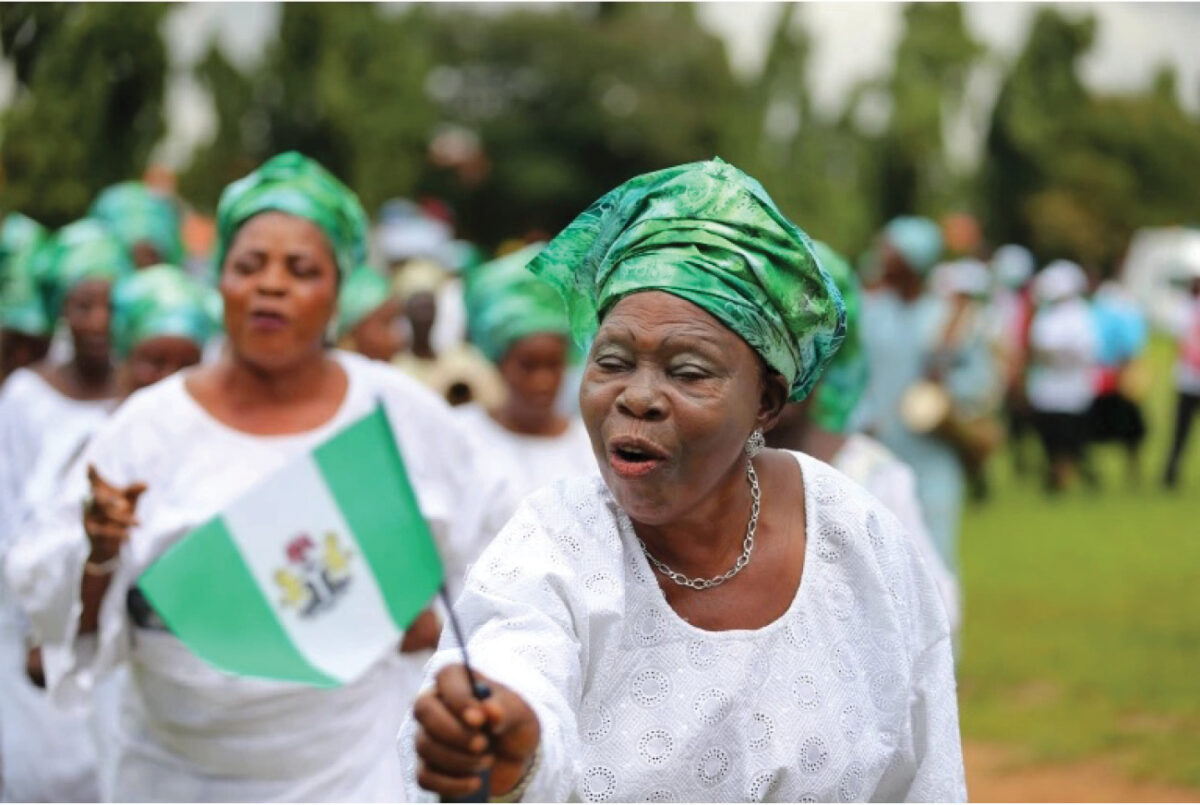
In the dynamic landscape of Nigerian politics, the representation of women remains a critical issue. Despite progress in various sectors, women’s participation in political leadership and decision-making processes is still limited. Reimagining this representation is not just a matter of equity; it’s essential for the holistic development of the nation. This blog post explores the current state of women’s representation in Nigerian politics and discusses ways to enhance their involvement.
The Current State of Women in Nigerian Politics
Nigeria, with its rich cultural diversity and complex social dynamics, has seen women contribute significantly to various societal spheres. However, when it comes to politics, their representation lags. As of recent years, women’s participation in elected and appointed political positions remains disproportionately low compared to their male counterparts.
Historical and Cultural Barriers
Several factors contribute to this disparity. Cultural perceptions and traditional roles often relegate women to the background in political spheres. Historical norms and systemic biases within political parties and structures further exacerbate this underrepresentation.
The Impact of Underrepresentation
The underrepresentation of women in politics results in a lack of diverse perspectives in governance and policy-making. This gap can lead to policies that do not fully address the unique needs and challenges faced by women, ultimately impacting the socio-economic development of the country.
Strategies for Enhancing Women’s Representation
- Legislative Quotas and Affirmative Action: Implementing quotas for women’s representation in political parties and government positions can ensure a baseline level of participation.
- Women’s Leadership Training and Mentorship Programs: Developing programs to train and mentor women in political leadership can equip them with the necessary skills and confidence to run for office.
- Grassroots Mobilization and Awareness: Grassroots campaigns that raise awareness about the importance of women’s representation and encourage women to vote and run for office are crucial.
- Tackling Cultural and Systemic Barriers: Addressing cultural norms and systemic biases through education and advocacy is essential for creating an environment conducive to women’s political participation.
- Support from Civil Society and International Community: The support and advocacy of civil society organizations and the international community can help amplify the push for gender parity in politics.
The Role of Men as Allies
Men play a significant role as allies in this endeavor. Their support in advocating for gender equality in political spheres and challenging patriarchal norms is vital for achieving meaningful change.
Success Stories and Role Models
Highlighting success stories of women in Nigerian politics and showcasing them as role models can inspire and motivate more women to engage in political activities. These role models serve as tangible proof of what is possible and pave the way for future generations.
Reimagining women’s representation in Nigerian politics requires a multifaceted approach, addressing cultural, systemic, and structural barriers. It’s about creating a political landscape where women have equal opportunities to participate and lead. Enhancing women’s representation is not just a win for gender equality; it’s a stride towards a more inclusive, balanced, and progressive Nigeria.
